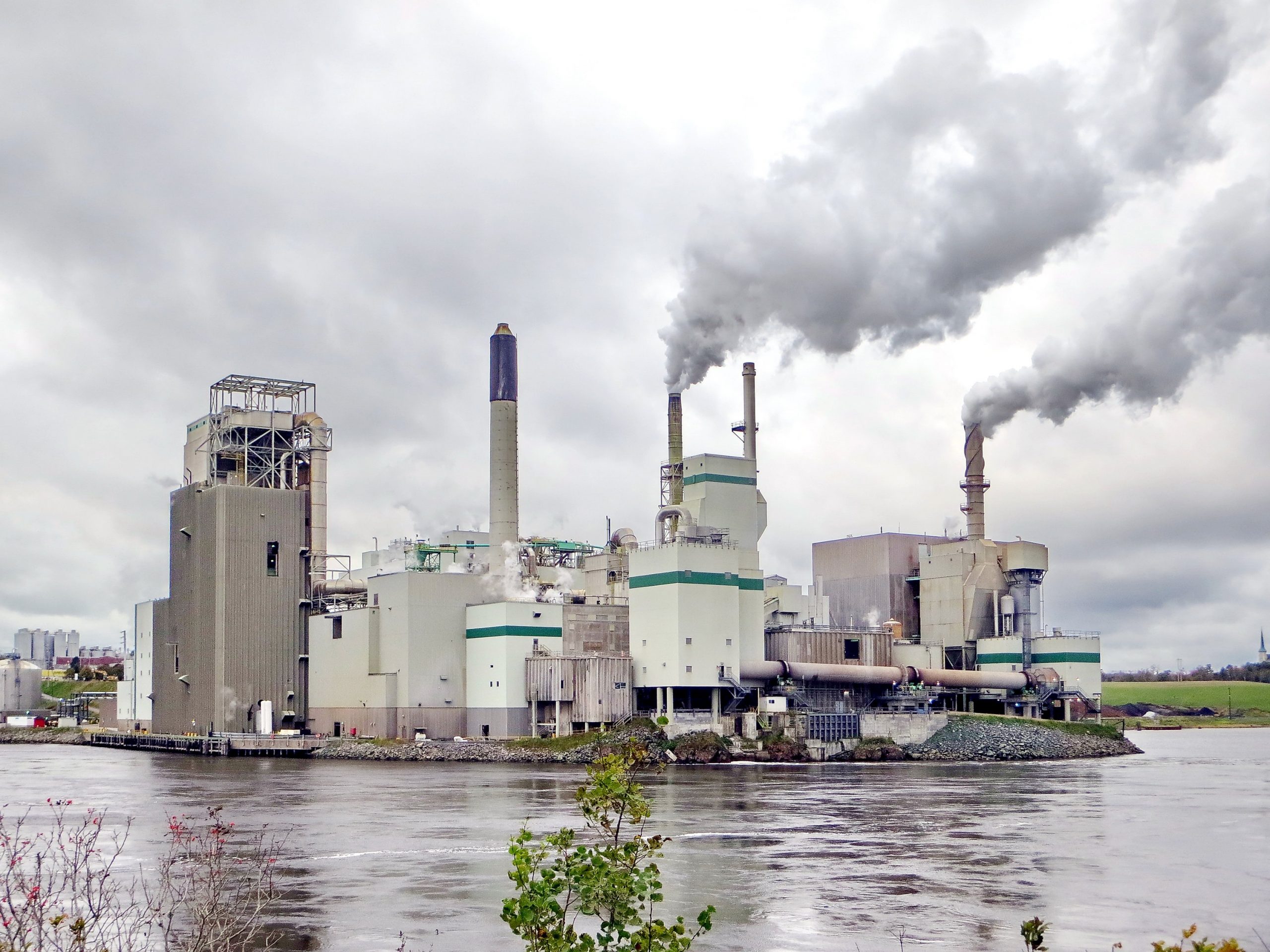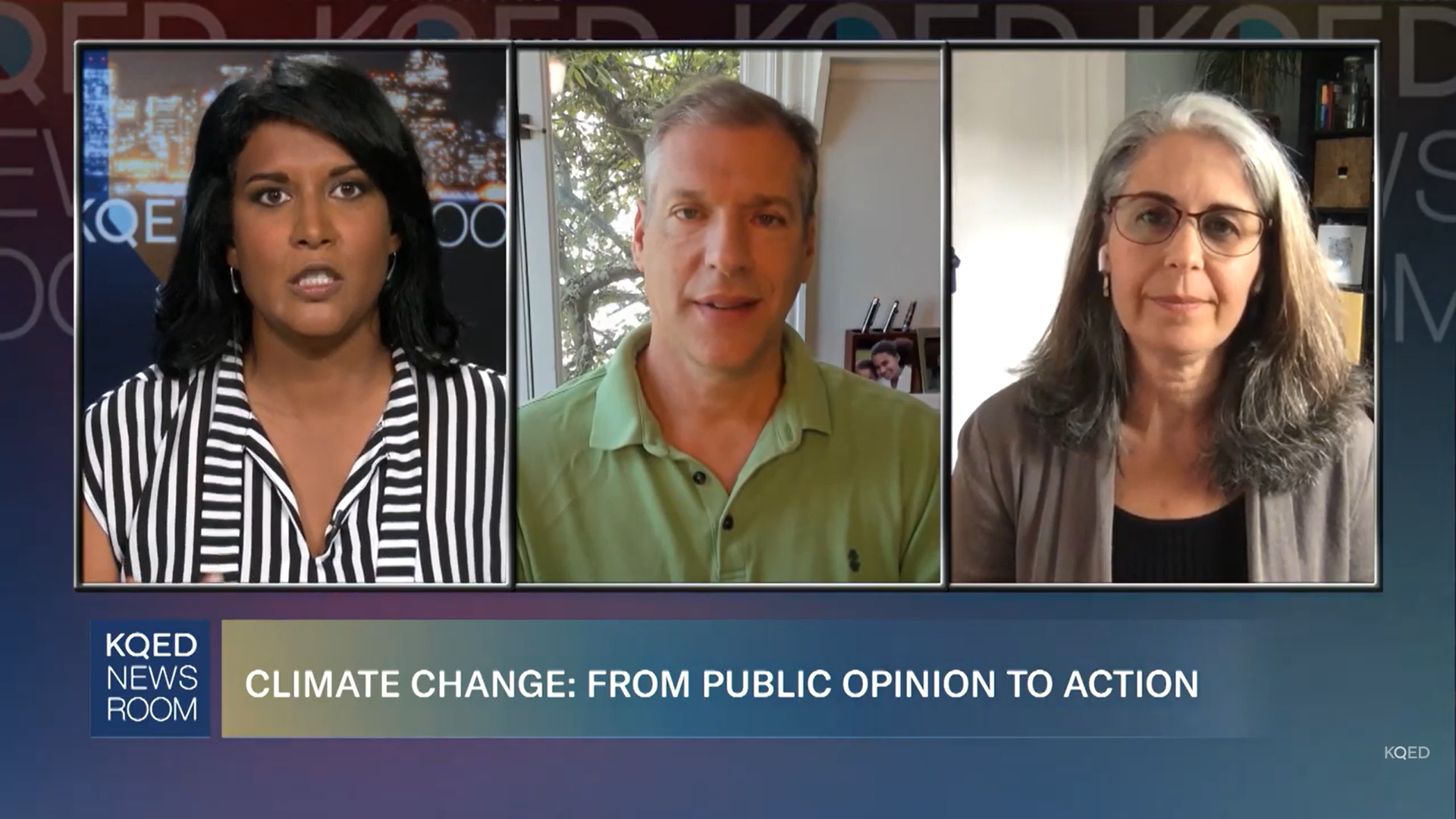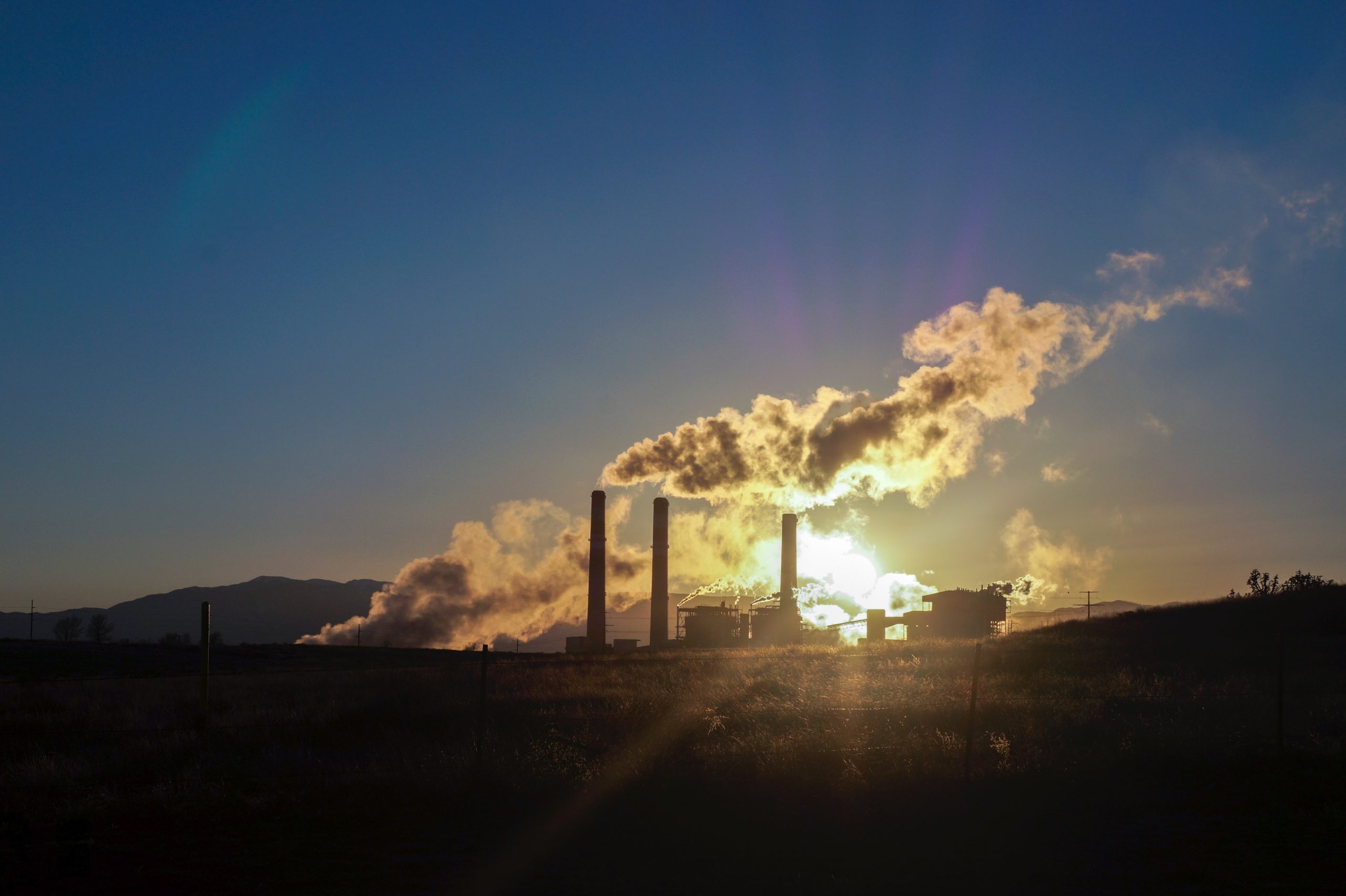
ERG PhD student Valeri Vasquez co-published “Protect the Antarctic Peninsula — before it’s too late” on Nature, focusing on how various issues like over-fishing have had devastating consequences on the icy regions. She depicts how banning fishing in such coastal waters, as well as limiting tourism and construction on land, can help protect the native marine mammals and seabirds.
“With human activity and construction also rising, the region’s precious biodiversity is at risk of being destroyed. Preventive measures must be taken immediately, on sea and on land,” Vasquez states.








